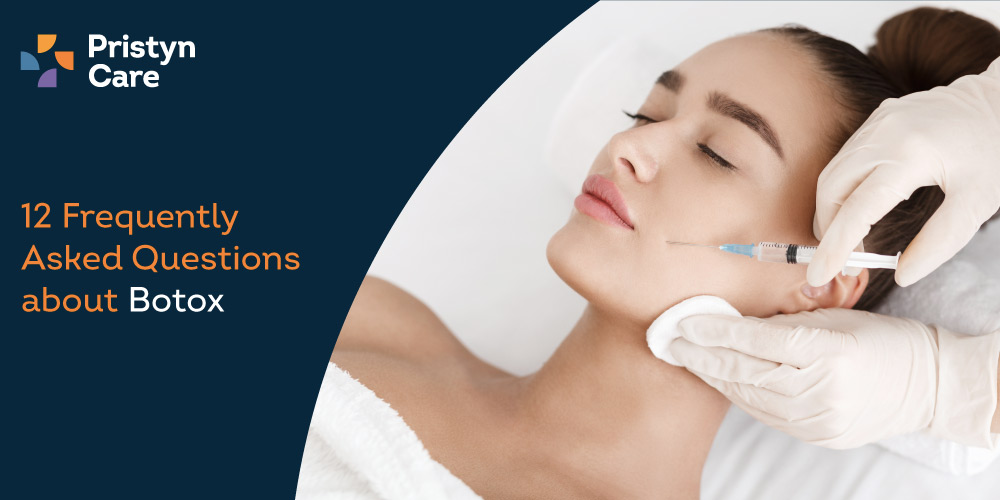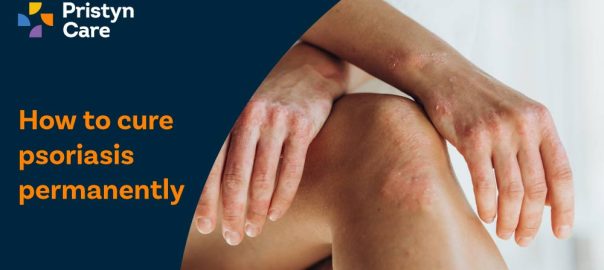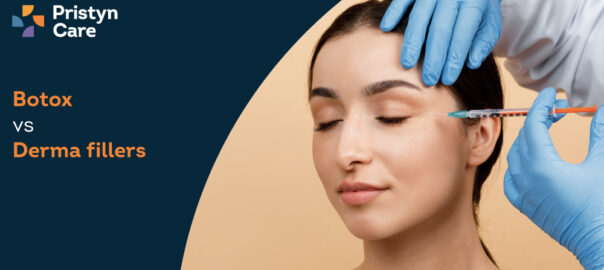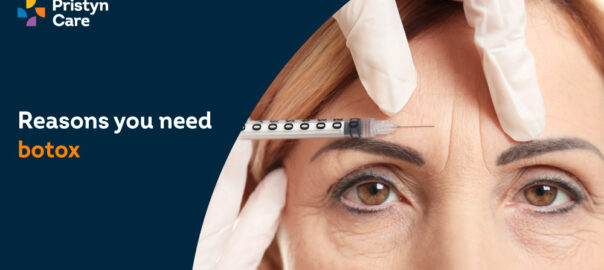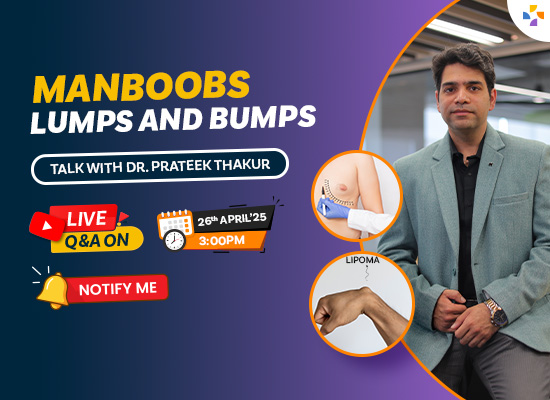![]() Views: 236
Views: 236
12 Frequently Asked Questions about Botox
This blog aims to provide you with an understanding of botox with 10 most commonly asked questions around the treatment.
Dedicated Support at Every Step!
Our Doctors are available 24 hours a day, 7 days a week to help you!
Table of Contents
What is botox?
Botox, medically known as botulinum toxin type A, is an injection that is generally used in cosmetic procedures to reduce signs of aging. Botulinum toxins are basically neurotoxins that are capable of causing muscle weakness by blocking its nerve signals. As a result, the muscle becomes unable to contract which gives it a more smooth appearance by eliminating any wrinkles or fine lines.
What are the uses of botox?
Botox injections can be used to fulfill a wide variety of cosmetic desires. Some of the most commonly discussed uses of botox include:
- Reducing wrinkles between the eyebrows
- Reducing wrinkles around the eyes
- Improving the appearance of horizontal creases in the forehead
- Lifting corners of the mouth
- Removing ‘cobblestone’ skin on the chin
- Correcting a gummy smile
Is botox safe?
As mentioned before, botox is basically a neurotoxin that causes muscle weakness in targeted areas by blocking the nerve signals. While that sounds simple enough, it is very common for people to be intimidated by the term ‘neurotoxin’. While botox is a toxin, it is considered to be a safe and effective method for fulfilling various cosmetic desires with only minimal, temporary and easily manageable side-effects.
How many injections are given in a botox treatment?
The number of injections you require in a botox treatment is directly proportional to the number of areas being treated. On an average, 10-50 total units of botox are injected in a botox treatment procedure. The exact number of injections you require however, is likely to vary depending on your cosmetic desire.
Is botox treatment painful?
A botox treatment is generally performed with the help of a fine needle which is used to inject small amounts of botox into the treatment area. While the needle may sting a little and cause some discomfort, there is no major pain involved in the entire procedure. To provide some comfort, your dermatologist may apply some topical numbing agent on your skin but botox typically does not require any anesthesia. Botox treatment is usually performed on an outpatient basis and does not take more than a few hours to complete.
What is the average cost of a botox treatment?
Compared to other cosmetic procedures, botox treatment is a relatively affordable procedure. On average, botox treatment cost in India can start from Rs. 6000 and go as high as Rs. 20,000. Depending on several factors, however, such as the city you undergo the treatment in, the amount of botox you require, the hospital you choose, the brand of botox you choose and the sessions required, the exact cost of treatment is likely to vary.
How long does it take to recover from a botox treatment?
Botox is a non-invasive treatment that requires almost no recovery period or downtime. Unless your healthcare provider thinks otherwise, you can return to your regular activities almost immediately after the treatment or in just 24 hours. While there may be slight swelling or redness around the injection sites, these post-treatment side-effects are very minimal and usually subside on their own in just 24 hours after treatment. Some simple tips that you can follow to reduce swelling or any other post-treatment side-effects include:
- Avoid rubbing or exerting pressure on the injection sites for at least 12 hours after treatment.
- Avoid any exercise that may exert excessive pressure or strain on the injection sites.
- Stay upright for at least 3-4 hours after treatment.
Apart from these few tips, botox treatment generally does not require any additional medications or precautions. Even then, however, it is advisable to consult your dermatologist on any guidelines or medications you should follow after your treatment.
How long does botox last?
Typically, botox treatments can last anywhere from 3-4 months. But, there are also cases where its results last longer for up to 4-6 months or shorter in the 2-months range. It is also common for first-timers to notice short-term results after their initial treatment but longer results with second or later treatments.
It is also likely that depending on some factors, the longevity of the results may vary as well. Some of those factors include:
- Injection site
- Amount of botox used
- Your age
- Elasticity of your skin
- Wrinkle depths
Is botox treatment covered under insurance?
Generally, most healthcare insurance plans in India do not provide any coverage for botox treatment as it is often considered to be a strictly cosmetic procedure. However, if your botox treatment is therapeutic in nature, for example, if you suffer from migraines and your healthcare provider advises treating it with botox, your insurance plan may provide coverage for it. Prior to treatment, it is advisable to contact your insurance provider and have a detailed discussion with them regarding botox injection and if any coverage can be provided for it.
What is the difference between botox and dermal fillers?
Dermal fillers and botox are very similar to each other at first glance. Both methods are generally used as an effective treatment for wrinkles and are also delivered through injections. However, both dermal fillers and botox have slightly different uses. One of the major differences between botox and dermal fillers is that botox is primarily used to treat dynamic wrinkles or wrinkles that occur naturally around the eyes and mouth. Botox also cannot be used to treat fine lines that are caused by collagen breakdown.
On the other hand, one of the primary uses of dermal fillers is not only to treat smile lines but also plump up your lips and cheeks. Often, dermal fillers can also be used to reduce scars and signs of aging.
Is botox safe during pregnancy?
While botox is not proven to be harmful to the fetus during pregnancy, it has not proven to be 100% safe either. When it comes to use of botox during pregnancy, there simply hasn't been enough research regarding its safe use or the side-effects that it may have on the fetus. Due to this reason, it is often recommended by healthcare providers to avoid botox treatment during pregnancy or until the patient has delivered their baby and completed breastfeeding.
What precautions should I take after my botox treatment?
Botox injections do not require any recovery time but your healthcare provider may advise you to follow some simple precautions. On the day of your procedure, here’s what you should keep in mind:
- Avoid any alcohol: It is advisable to avoid consumption of alcohol for at least 24 hours after your botox treatment.
- Don’t touch or rub the injection sites: Touching or rubbing the injection sites excessively may cause the toxin to spread. In most cases, dermatologists suggest waiting for at least 3-4 days after treatment.
- Don't sleep on the treated areas: Try your best to avoid sleeping or exerting any excessive physical pressure on the injection sites. It is also advisable to avoid sleeping 4 hours after treatment.
Contact us at Pristyn Care
As is the case with any other procedure, it is normal to have questions. And at Pristyn Care, we are here to give you answers to those questions. If you have any further questions or concerns regarding botox and its uses, you can always contact us at Pristyn Care and book an appointment with our highly experienced and qualified team of dermatologists. So what are you waiting for? Get in touch with us today



